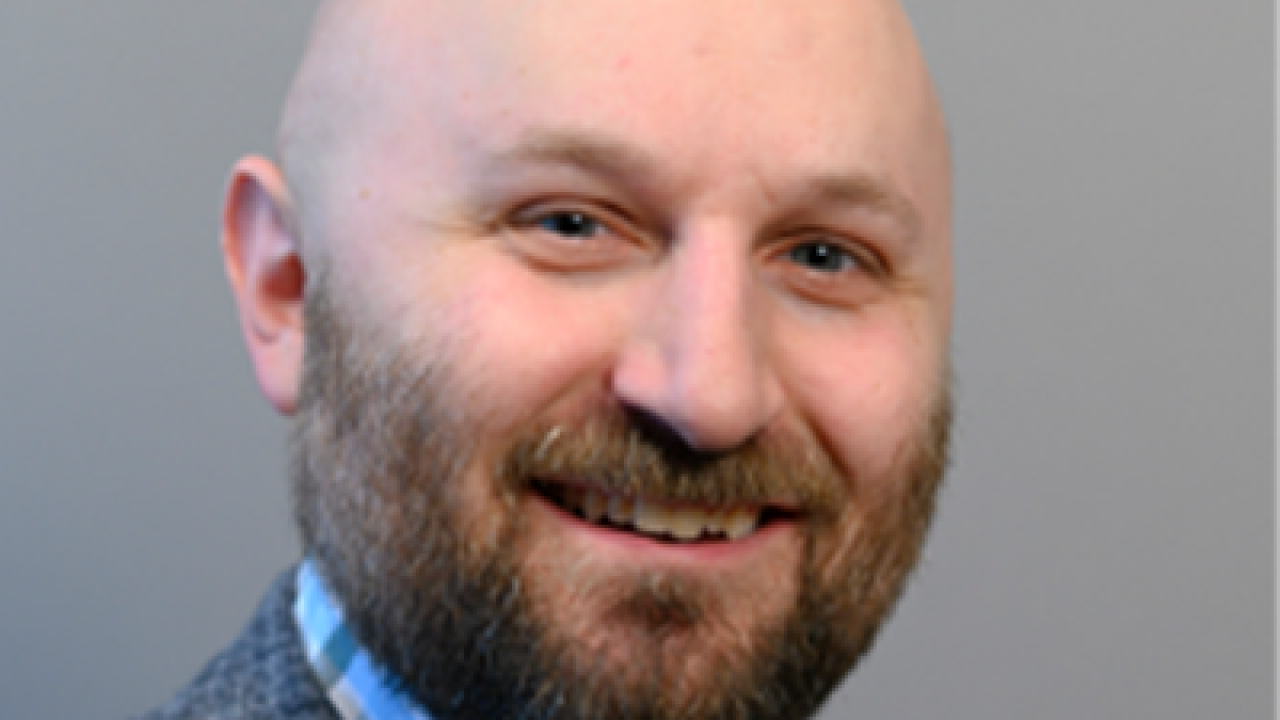August 11, 2020
Research in Progress: Listening for what’s hard to hear

By Luke Capizzo, James Madison University
Everyone gets nervous before having difficult conversations—particularly when you know the other participant will not like the information you’re about to share, the opinion you need to present or the advice you’ve been asked to provide. And yet, most of us have also learned two hard-won truths from such experiences:
1) It’s better to be upfront in sharing such information.
2) We learn best how to handle such situations not through speaking, but by listening.
Organizational listening—a relatively new concept in public relations research—is constructed primarily from an interpersonal or one-to-one definition of listening best practices. It stresses acknowledgement, attention, constructing meaning from what we hear, and, of course, responding.
Scholars have called on public relations practitioners to help organizations build architectures of listening: Structures, policies, and processes to gather, analyze, engage with, share, and act on information gathered through listening to stakeholders and communities. Properly executed, architectures of listening ensure that practitioners work together to collect, understand and share information. They have the potential to help everyone in organizations be more aware of stakeholder perspectives and needs.
New Architectures for Civic Listening
For all of these reasons, listening has the potential to make organizations more aware, more accountable, and more just in their actions. Expanding the concept from an interpersonal understanding of listening to a civic perspective may help to unlock its full potential for organizations and the profession.
In our highly polarized society, organizations are increasingly encouraged (or forced) to engage in difficult conversations with communities and stakeholders: To share opinions, statements, policies, and outcomes regarding controversial issues. Growing consumer or citizen expectations for organizational “brandstanding”—taking public stances on contentious social issues—may be a unique opportunity to harness listening and help guide organizations toward more informed and more genuine engagement.
While interpersonal conceptions of listening may be a useful starting point, they don’t seek out or prioritize the types of listening that could contribute most to these challenging scenarios. They tend to prioritize finding common ground, but, as practitioners understand, reality is often much messier than straightforward compromise. Rather than prioritizing consensus and agreement, many leading thinkers of democracy have pointed to nurturing productive, inclusive disagreement as a building block for healthy societies and conversations.
The Study: Pluralism and Civic Values in Organizational Listening
A civic perspective expands the concept of organizational listening to include a community or societal level of understanding. The purpose of this study is to augment organizational listening to develop additional recommendations, structures, and best practices supportive of pluralism—helping organizations to realize their potential for civic engagement.
Pluralism is a concept usually understood in the context of democratic society: that a wide variety of perspectives, opinions, and identities should be accepted and valued. Additionally, as public relations and organizational listening have traditionally focused on building consensus, pluralism’s prioritization of disagreement and divergent perspectives may help the most in contexts of difficult conversations. Most importantly, it can provide directions to help practitioners and organizations better listen to what may be hardest to hear—the perspectives and opinions of those who disagree with them.
What can leading thinkers of pluralism teach public relations practitioners? This project will examine the works of Hannah Arendt and Chantal Mouffe, who prioritize disagreement and relatively messy or inefficient deliberation, to extend organizational listening. Both Arendt and Mouffe envision democratic discourse that goes beyond more traditional concepts of free speech and open debate, to embrace what Mouffe calls radical pluralism.
For her, goals of consensus and civility often exclude marginalized voices from discourse, but consciously inclusive approaches help to expand participation. Similarly, much of Arendt’s work focuses on the dangers of organizations and systems driven by efficiency and achievement rather than human or communal values. Both present ideas that lend themselves to a listening framework.
They offer a path to help organizations engage in—rather than shy away from—difficult conversations in ways that validate and empower a wider variety of voices.
For further information on this study, please email Capizzo at capizzlw@jmu.edu. This project is supported by the 2020 Page/Johnson Legacy Scholar Grant from the Arthur W. Page Center. Results from the study will be available in 2021.
